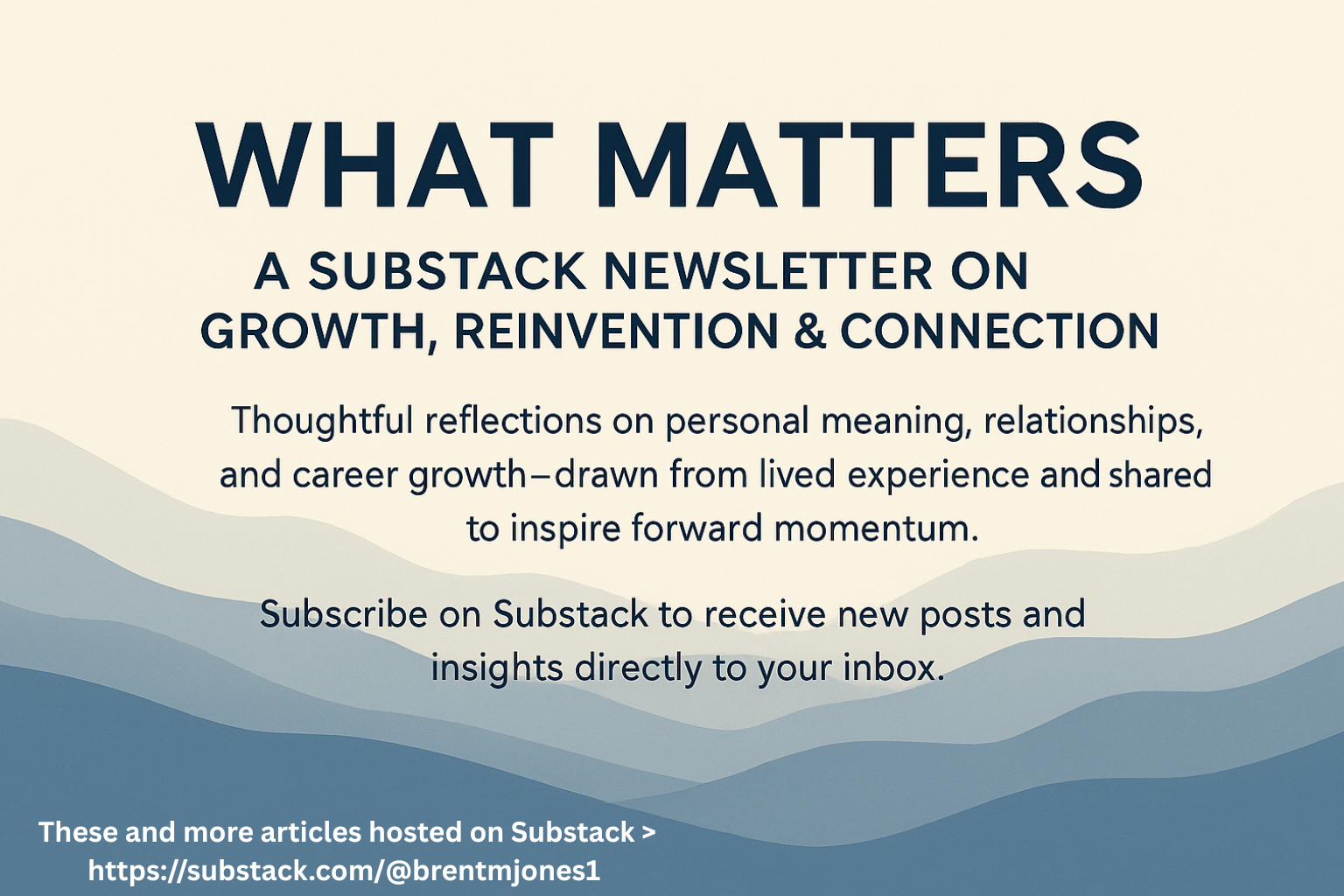This article is also included in CEM LinkedIn Articles Section as well as on LinkedIn on my newsletter site
Why do passive job seekers have an advantage over companies looking to hire? Fear of making a hiring mistake is the driving force behind this practice. It leads to some employers judging job applicants by their employment status, although it has nothing to do with their talent or ability. It seems clear that part of what drives this fear is that the hiring manager do not trust their own instincts
Good jobs are often filled by the HR department or a recruiter asking someone employed if they would consider a change or finding a candidate that looks like a great match on LinkedIn and even though they are employed reaching out to them to consider the job. (Strong hint here, keep your profile current)
The employer assumes in these cases that don’t need to worry about why the candidate really left their last job and that the person must have value since they have a job. The employer puts themselves in a postion of a buyer. They may overpay and find that they didn’t have all the facts they needed. A potential employee is in the position of a seller where they hae to present their case. They still make the decision on whether to take the job but they also have to present the reasons why they should get the job and in the case of a company approaching a currently employed person they have already taken the first step in the “buying” process.
These folks are called "passive candidates." They aren't even candidates for a job until someone from the employer reaches them out of the blue.
Why would any employer prefer someone a recruiter finds on LinkedIn -- someone who may never have heard of your company -- to someone who has invested time and energy in reaching out to you to inquire about employment?
These issues bring the subject of loyalty into some focus. Will the employee a company steals or entices to leave their current employer be loyal to them? Would a potential employee who research the market and determined that his best fit might be with a particular company be more loyal to that company because of the work it took in finding that job?
Does hiring ethics belong in this discussion? I am reminded of a friend who told me how he was hired away from another company around 1950. He was working for a company that sold to stores in San Francisco. He was well known and the bigger competitor had been impressed by his work. Things changed for him at his company and he approached the main competitor and was taken to the President of the company in his interview. My friend had taken a lot of their business and it was obivos that he would be a valuable new hire. The President saw it that way and hired my friend but under a special condition. The new hire was not allowed to call on any accounts, not just his own but any accounts in the area for one year, and was required to work in the warehouse. The reason was that the hiring company did not want to take advantage of their competitor. Non-compete clauses were not used at that time in this area and field but company ethics, when practiced, were all that was needed. My friend stayed loyal to this company and their President throughout his career from that point forward.


